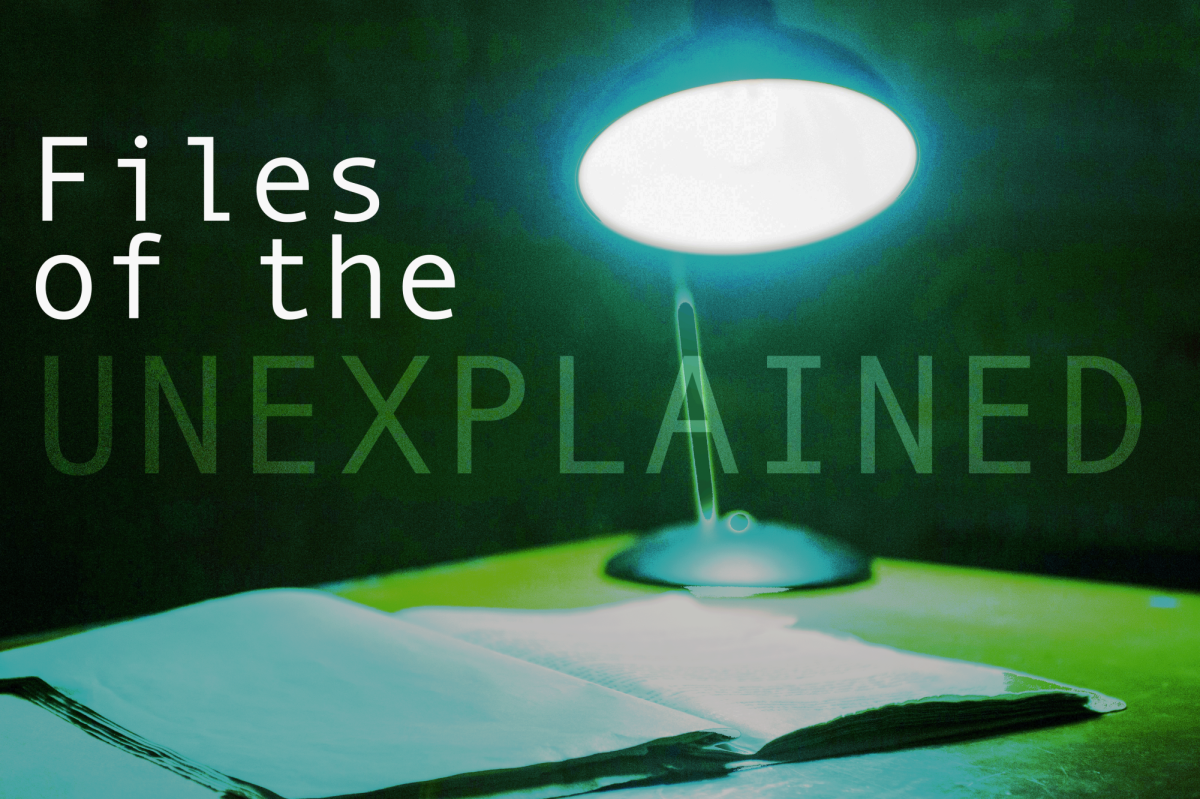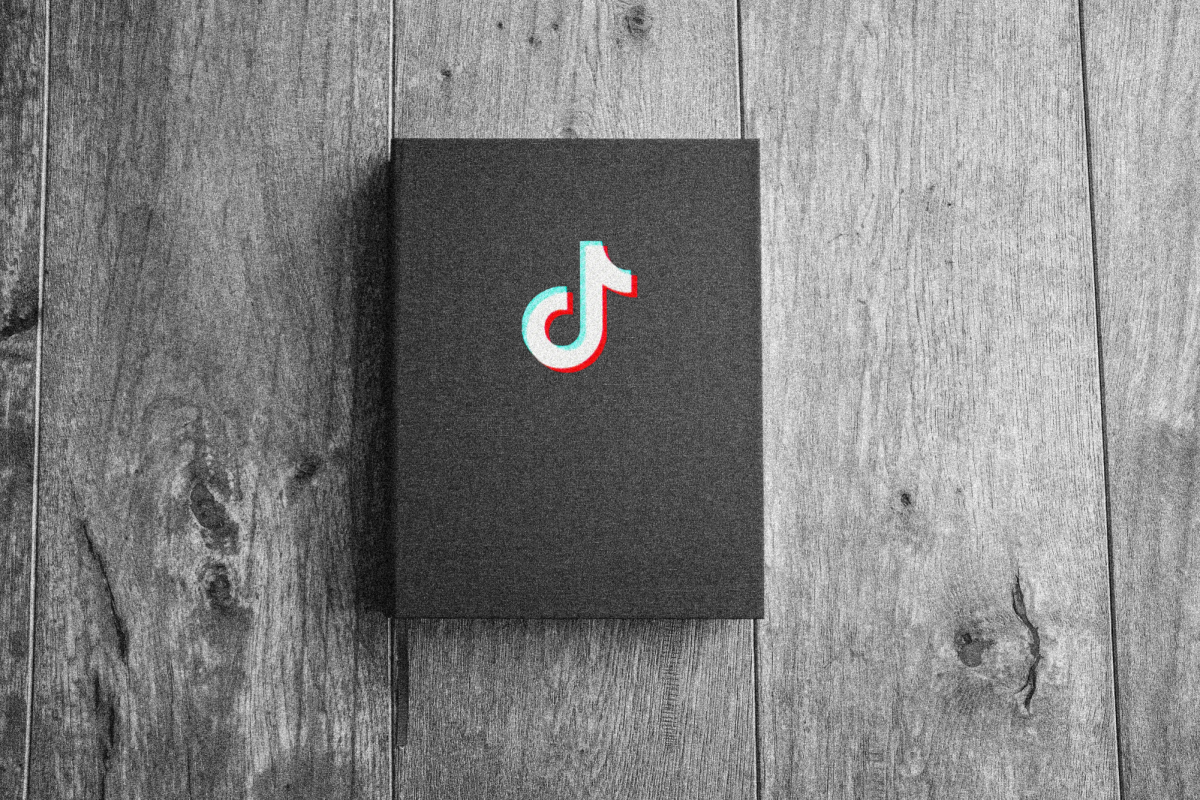To begin with a mixed metaphor, the debate cycle has revved its silly engine and we are once again back in the political circus. Not to say that I don’t love them, but presidential debates are sometimes as slow going as a Stanley Kubrick film. All pomp and circumstance, they generally present a few intelligible candidates and many terrible ones. I think we can all agree on this. Some (ahem—Jim Webb) come out of a debate having clearly ‘lost.’ Yet, what many people can’t seem to agree upon is how to determine a ‘winner.’
Let me provide a real-world example of this phenomenon. Consider the recent Democratic Presidential Debate, hosted by CNN. Upon Googling “Democratic presidential debate winner,” three of the top news stories are titled thus: “Clinton, judged winner of debate, holds big national lead over Sanders” (Washington Post); “LETTER: Sanders was clear winner in presidential debate” (Asbury Park Press); and my favorite, “Opinion: No clear winner of the first Democratic presidential debate” (Western Herald). Though this is far from comprehensive, I find it fascinating that a question as informal as “who won?” is met with such drastic opposition. I think we need a new standard for evaluating political debates or, as Bernie Sanders described the situation in Syria, we’ll be stuck within “a quagmire in a quagmire.”
Clearly, personal bias can shape a person’s perception. I mean, how else can we rationalize the feud between the “Clinton won” and the “Sanders won” camps? How else can we rationalize Donald Trump declaring himself the winner of any public gathering, debate or not? In this way, bias poisons the well before we have a chance to drink from it. If you went into the Democratic debate sure that Sanders would outdo Clinton, then that’s the performance you inevitably saw. You certainly wouldn’t be alone. Several focus groups, virtually every online poll and nearly all of social media raucously agreed that Sanders won. Yet, media coverage almost universally declared Clinton the winner.
So what’s going on here?
The post-debate outpouring of Bernie-love can be explained by the active presence of Sanders’ grassroots following. It’s not that all people watching the debate thought that Sanders did better than Clinton — it’s that more Sanders fans were willing and excited to submit to polls and volunteer for focus groups. Sanders supporters, as far as anyone can see, are more engaged than the supporters of any other candidate. In this light, it doesn’t seem odd that Sanders’ online numbers were so high.
But for people like me who aim to listen for the issues and not for the person, to view a debate based upon actual performance, Clinton won.
How can we, going forward, objectively determine the winner of a presidential debate? In The New Yorker on Oct. 15, three essential questions John Cassidy considers are: Who did the best onstage? Who came out on top in the polls? Who gave his or her campaign the biggest boost? While the second question is, as I’ve discussed, a generally subjective account of supporters’ enthusiasm, the others are very fair. We might give the nod to Clinton if we consider that her manner was much more refined and the boost to her campaign much more evident than Sanders’. We might have a more sincere case for Marco Rubio or Jeb Bush ‘winning,’ than Trump’s insistence that the end-all indicator is TV ratings.
If we don’t come up with a better way to evaluate debate performances, I’m afraid the system will run away with whichever camp’s enthusiasms are loudest. Let’s leave our biases at the door and be a little more rational.











